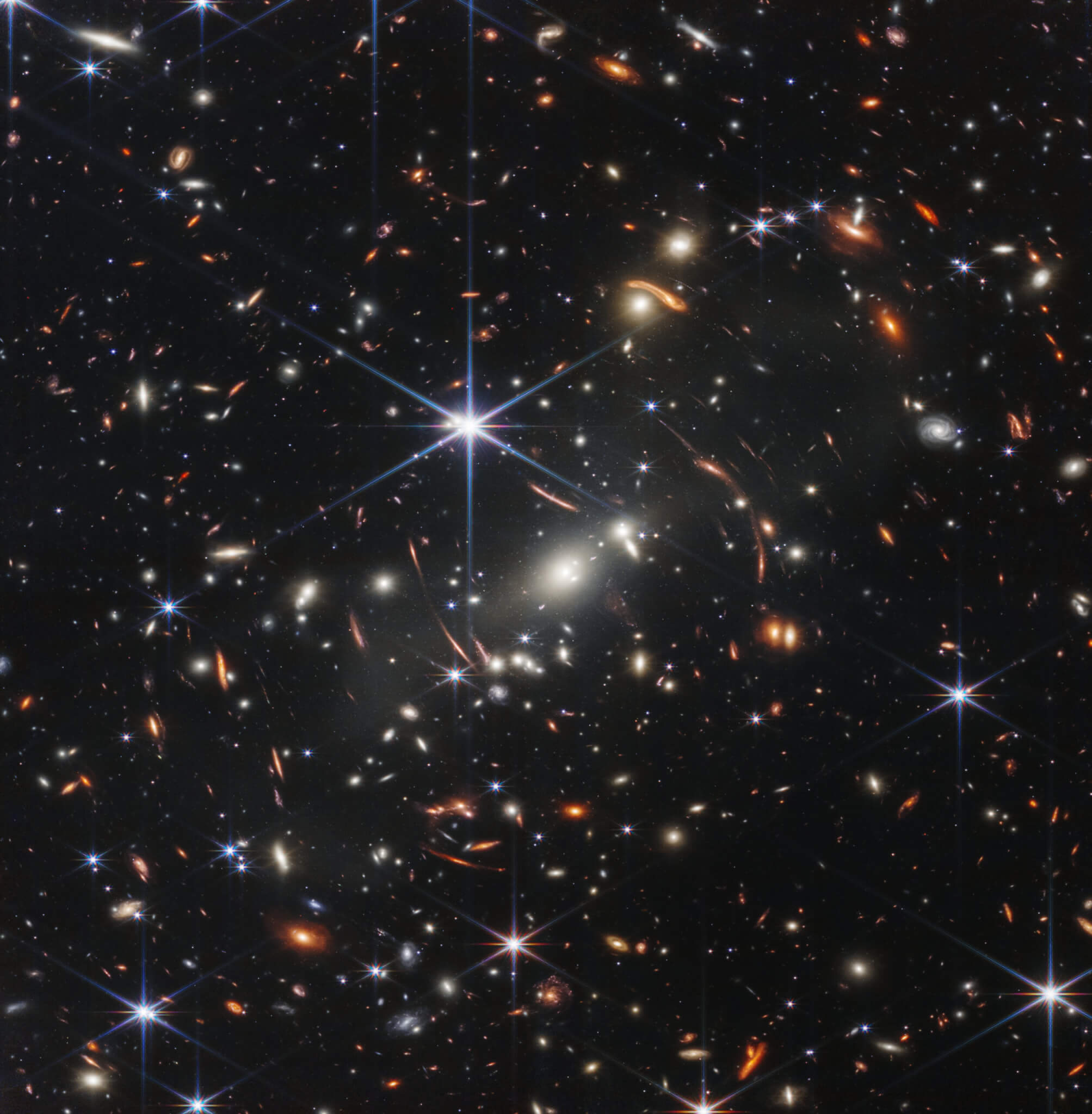
Instead, the physical reality is fundamentally made up of bits of information, from which our experience of space-time emerges.
This leads to the extraordinary possibility that our entire universe might in fact be a computer simulation.In 2003, philosopher Nick Bostrom from Oxford University in the UK formulated his simulation hypothesis.Physicist Seth Lloyd from the Massachusetts Institute of Technology in the US took the simulation hypothesis to the next level by suggesting that the entire universe could be a giant quantum computer. And in 2016, Elon Musk concluded “We’re most likely in a simulation” (see video above).There is some evidence suggesting that our physical reality could be a simulated virtual reality rather than an objective world that exists independently of the observer.Any virtual reality world will be based on information processing.This appears to mimic our reality according to the theory of quantum mechanics, which rules the world of atoms and particles.
The laws of physics that govern everything in the universe also resemble computer code lines that a simulation would follow in the execution of the program.Another curiosity in physics supporting the simulation hypothesis is the maximum speed limit in our universe, which is the speed of light.Assuming that the universe is indeed a simulation, then what sort of experiments could we deploy from within the simulation to prove this.It is reasonable to assume that a simulated universe would contain a lot of information bits everywhere around us.Hence, detecting these information bits will prove the simulation hypothesis.
I have postulated that information is in fact a fifth form of matter in the universe.The nature of our reality is one of the greatest mysteries out there. The more we take the simulation hypothesis seriously, the greater the chances we may one day prove or disprove it..What utter flapdoodle! The presented “arguments” that the Universe is really a simulation are, in the final analysis, little more impressive than “The Universe is so remarkable and complex, God must’ve created it.” In other words, a qualitative assertion conditioned by culturally based perceptions. If you’re immersed in a religious culture, it’s God’s agency; if you’re immersed in IT culture, it’s a computer. Consider– the argument of physical quantization as resulting from being implemented in a computer processor. The first computers were analog-based, not digital. If we relied on analog computation, would we still argue that the Universe was a giant simulation?No not a simulation it was reality at one time.But now it comes to us in a a reacuring dream.And at my age and the state of the world where due for a pause an intermission if you will.So tell next time sweet dreams.Anti-particles are needed in our reality. Would they be necessary in a virtual universe? If not, then I doubt we’re in a one.I like the premise of virtual reality